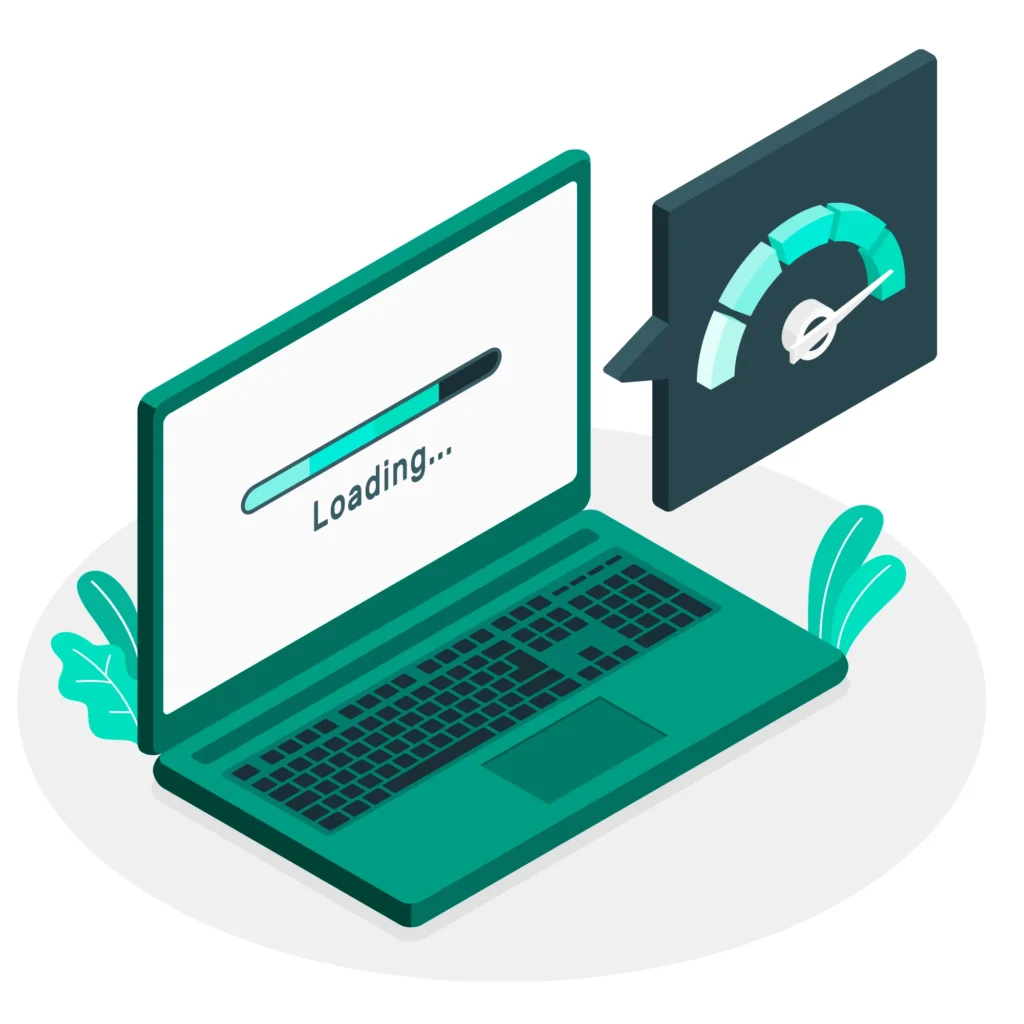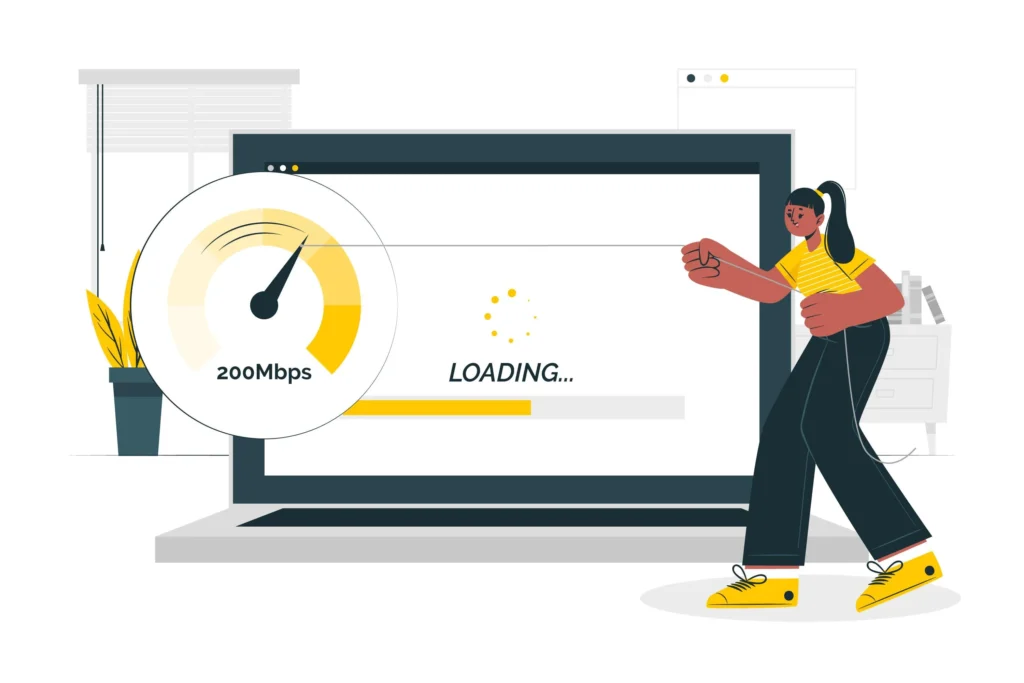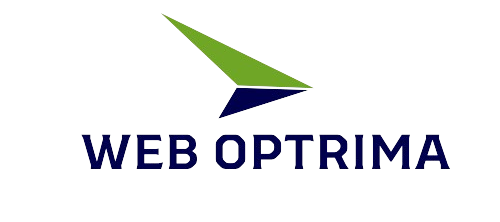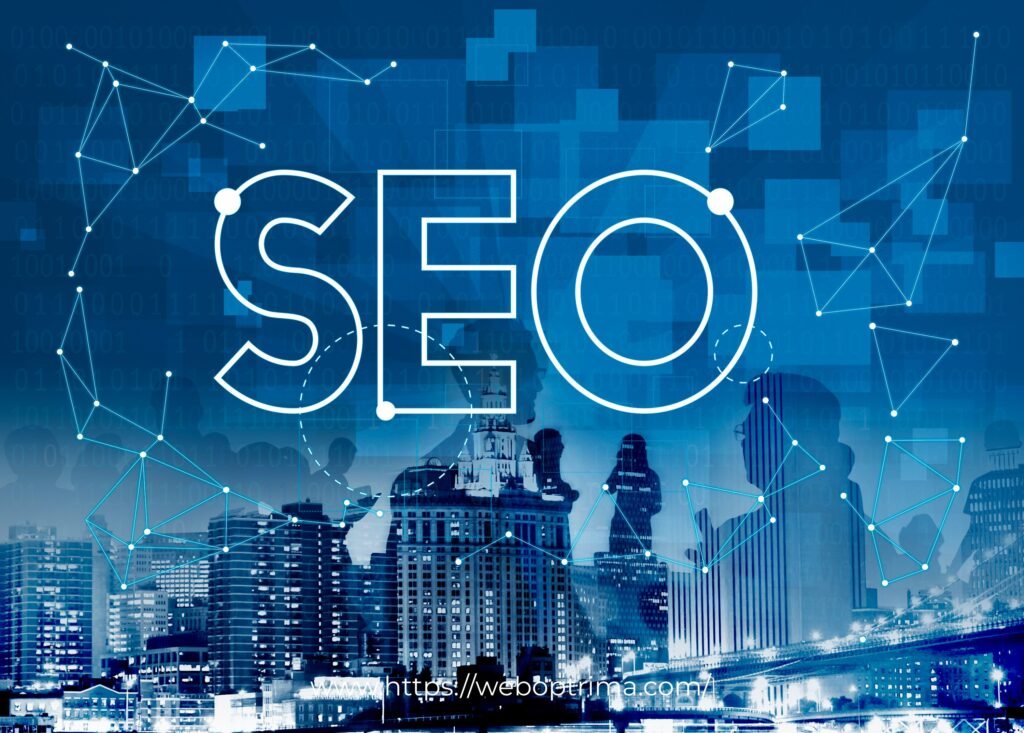Introduction
In today’s fast-paced digital world, website speed plays a crucial role in online success. Whether you own a small business website, an e-commerce store, or a blog, a slow-loading website can negatively impact user experience, SEO rankings, and even sales. In this article, we will discuss why website speed optimization is important and how it can benefit your online presence.

What is Website Speed Optimization?
Website speed optimization refers to the process of improving a website’s loading time. This includes reducing unnecessary elements, optimizing images, using efficient coding practices, and leveraging caching techniques to ensure pages load quickly.
Why Website Speed Matters?
1. Improves User Experience
First Impressions Matter
When users visit a website, the first thing they notice is how quickly it loads. A fast-loading website makes a positive first impression, while a slow website can frustrate visitors and make them leave immediately.
Reduces Bounce Rate
A bounce rate is the percentage of visitors who leave a website after viewing only one page. If your website takes too long to load, users are more likely to exit without exploring further. Faster websites encourage users to stay longer and engage with content.
2. Boosts SEO Rankings
Google Prioritizes Speed
Search engines like Google consider website speed as a ranking factor. A slow website may not rank well in search results, which means fewer visitors and reduced visibility.
Mobile-Friendliness and Speed
With more users browsing on mobile devices, a slow-loading site can lead to poor user experience. Google’s mobile-first indexing ensures that websites optimized for speed perform better in search rankings.
3. Increases Conversion Rates
Faster Websites Lead to Higher Sales
E-commerce websites need to load quickly to retain customers. Studies show that even a one-second delay can result in a significant drop in conversions and revenue.
Trust and Credibility
Users trust fast websites. A slow website can make your business look unprofessional, while a fast-loading site builds credibility and encourages users to complete purchases or take desired actions.
4. Reduces Hosting Costs
Optimized Websites Use Fewer Resources
A well-optimized website requires less bandwidth and server resources, which can lower hosting costs. Faster websites also handle higher traffic loads efficiently without crashing.

How to Optimize Website Speed?
1. Optimize Images
Large image files slow down websites. Use compressed image formats like WebP and tools like TinyPNG or ImageOptim to reduce file sizes without compromising quality.
2. Enable Browser Caching
Caching stores website data temporarily so returning visitors experience faster load times. Configure caching settings in your website’s backend or use plugins like W3 Total Cache for WordPress.
3. Minimize HTTP Requests
Reduce the number of elements loaded on a page, such as scripts, images, and CSS files. Fewer HTTP requests result in faster page loading times.
4. Use a Content Delivery Network (CDN)
A CDN distributes your website’s content across multiple servers worldwide, ensuring users access your site from the nearest location for faster performance.
5. Optimize CSS and JavaScript
Minify CSS and JavaScript files to remove unnecessary characters and reduce file sizes. Use asynchronous loading for scripts to prevent delays in page rendering.
6. Upgrade Hosting Plan
If your website receives high traffic, consider switching to a better hosting plan, such as VPS or dedicated hosting, for improved speed and performance.
7. Reduce Redirects
Each redirect adds extra loading time. Limit the number of redirects to essential ones only to improve speed.
8. Enable Gzip Compression
Gzip compresses website files before sending them to a user’s browser, reducing load time and improving performance.
Conclusion
Website speed optimization is no longer optional—it’s a necessity. A fast-loading website enhances user experience, boosts SEO rankings, increases conversions, and reduces costs. By implementing the strategies mentioned above, you can ensure your website performs at its best, keeping visitors engaged and satisfied.
If you want your website to be faster and more efficient, start optimizing today and enjoy the benefits of a speed-optimized site!









